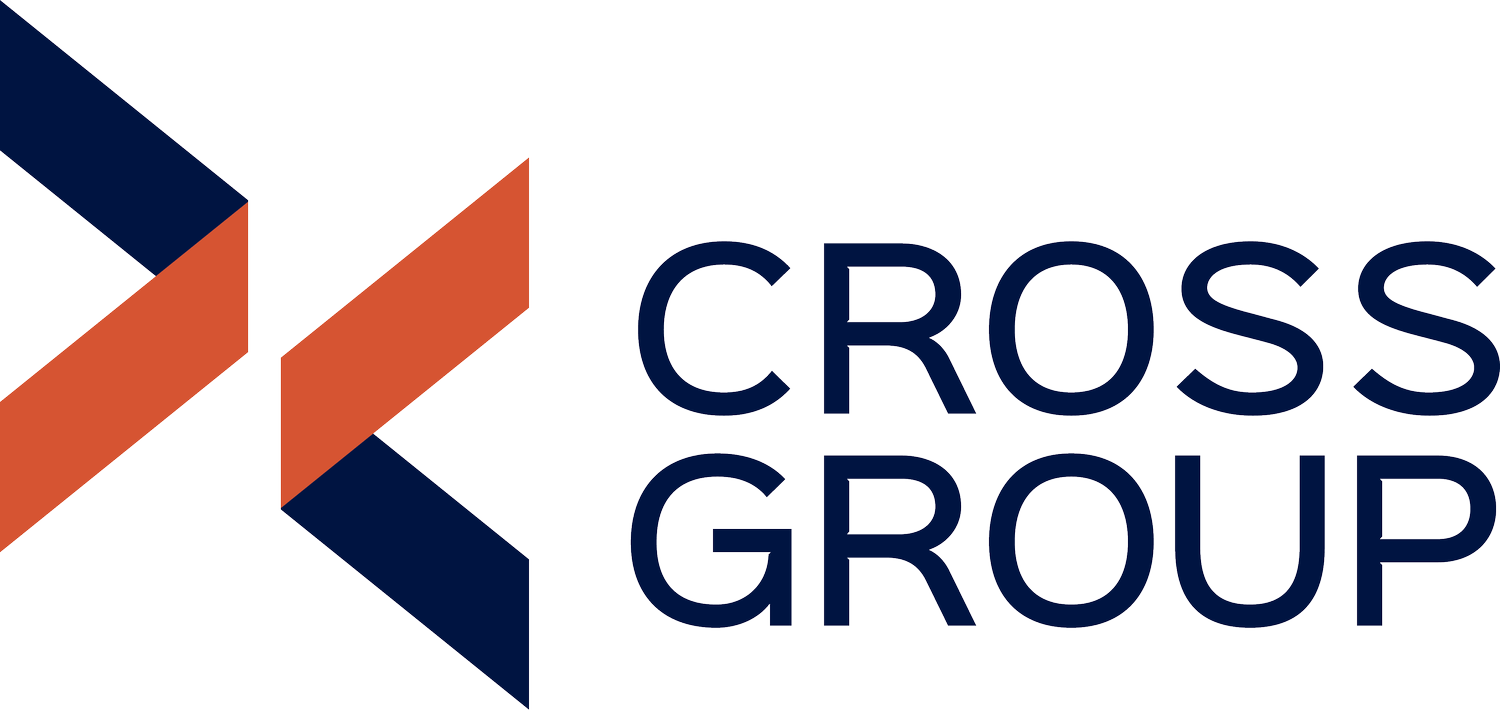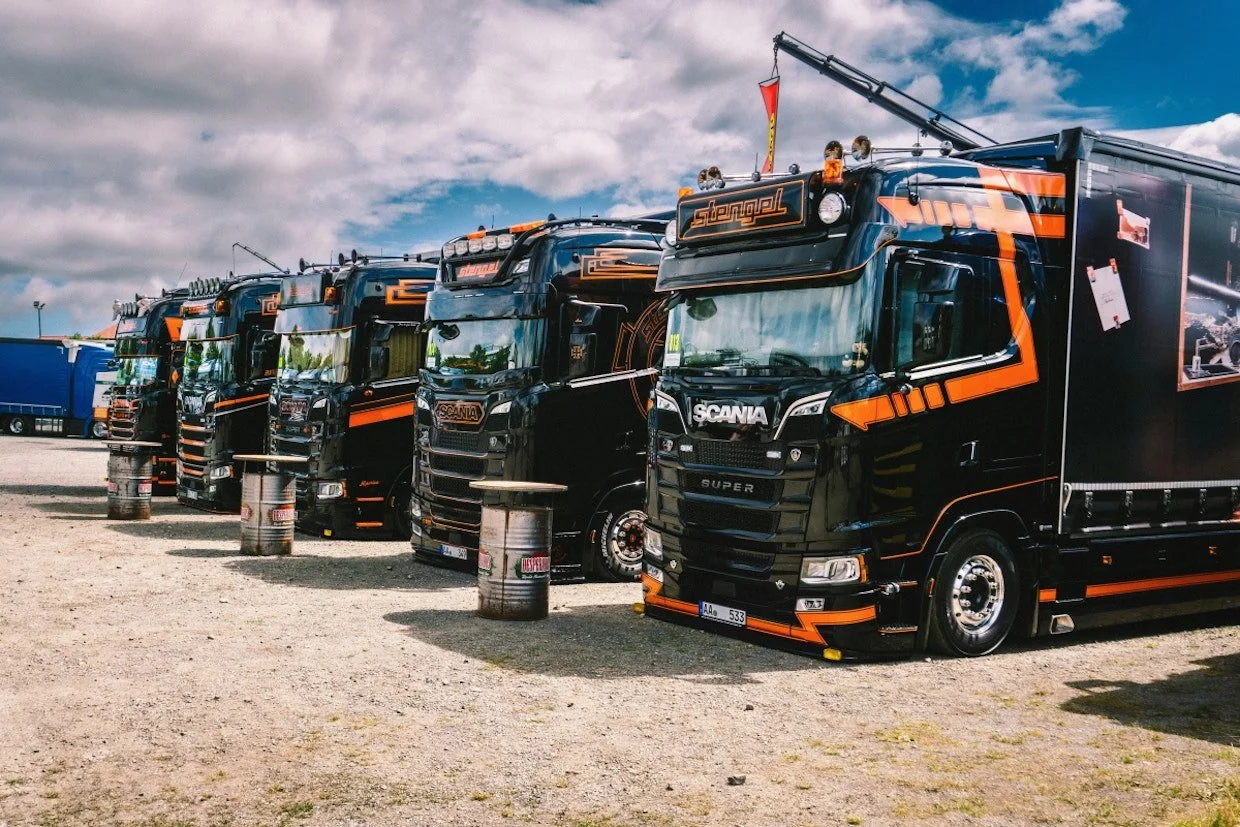Should you buy or lease your business assets?
When it’s time to upgrade your equipment, vehicle, or machinery, the big question is: should you buy it outright or lease it?
There’s no one-size-fits-all answer. Each option has its pros and cons, depending on your cashflow, tax position, and future plans. Let’s break it down.
Buying – the pros and cons
Pro: You own the asset outright
When you buy, you own the item from day one. It becomes one of your business assets, showing on your balance sheet and increasing your business’s overall value. You can also claim depreciation or capital allowances for tax purposes.
Pro: Full control
Once it’s yours, it’s yours for good. You can use it however you need, for as long as you want. And if your situation changes, you can sell it to free up cash.
Con: Big upfront cost
Buying can put a dent in your bank account. It’s a large outlay that might limit what you can spend elsewhere, so it’s important to be confident it’s a worthwhile investment.
Con: You might need finance
If you don’t have the cash on hand, you may need to take out a loan or use asset finance. That means extra repayments, interest, and another liability on your balance sheet.
Leasing – the pros and cons
Pro: Easier on cashflow
Leasing lets you use the equipment you need without paying the full cost upfront. For newer or smaller businesses, this can make getting up and running much easier.
Pro: Spread the cost
You can make smaller, regular payments instead of one big purchase. This helps smooth out your cashflow and leaves money available to invest in other areas of your business.
Con: You don’t (always) own the asset
Some lease agreements let you buy the asset at the end (called a capital lease), while others simply rent it to you for a fixed term (an operating lease). Make sure you know which type you’re signing up for and what that means for you.
Con: It may cost more overall
Leasing often includes interest or fees, meaning you could end up paying more over time than if you’d bought outright. It’s a trade-off between affordability now and total cost later.
Con: Risk of losing access
If you fall behind on payments, the asset could be taken back. If it’s something your business can’t operate without, that could be a big disruption.
So, which is right for your business?
There’s no wrong choice—just the one that fits your situation best.
If you’re unsure, it’s worth talking it through with an advisor before committing.
At Cross Group, we can help you:
Review your financial position
Assess your cashflow and existing commitments
Work out the real cost difference between buying and leasing
We’ll help you make a confident decision that supports your business goals and keeps your finances healthy.
Need a hand deciding whether to buy or lease?
Get in touch with us — we’ll crunch the numbers and find what works best for your business.

